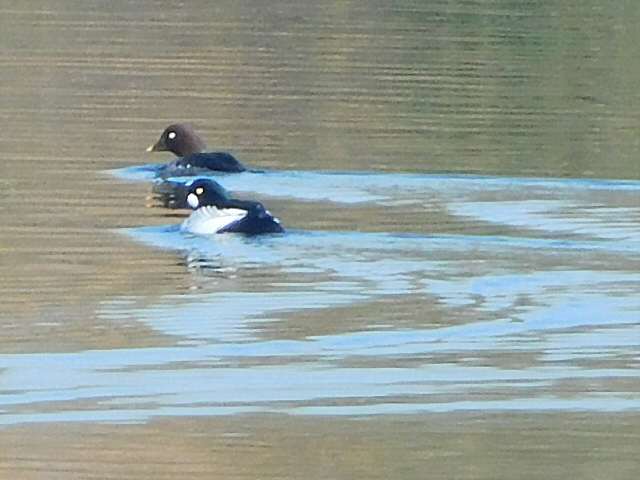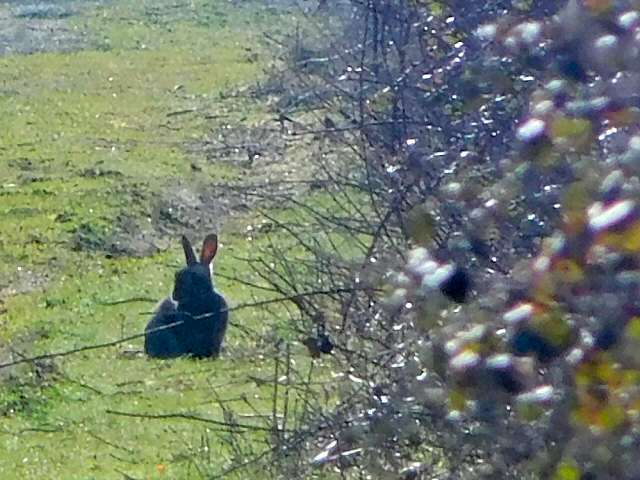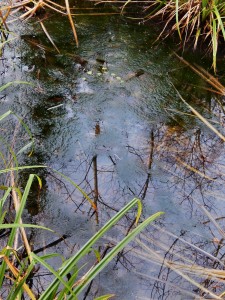One man liked to eat … meat from soy-fed livestock.
One man and his dog, contributed to global warming.
Two men liked to heat … their homes with old gas boilers.
Two men, one man and his dog, contributed to global warming.
Three men liked to drive, to drive with petrol engines.
Three men, two men, one man and his dog, contributed to global warming.
Four men liked to cool … their houses with air conditioning.
Four men, three men, two men, one man and his dog, contributed to global warming.
Five men liked to fly … to faraway sunny places.
Five men, four men, three men, two men, one man and his dog, contributed to global warming.
Six men liked to sit … at tropical hardwood tables.
Six men, five men, four men, three men, two men, one man and his dog, contributed to global warming.
Seven men liked to build, to build with steel and concrete.
Seven men, six men, five men, four men, three men, two men, one man and his dog, contributed to global warming.
Eight men liked to buy … things all wrapped up in plastic.
Eight men, seven men, six men, five men, four men, three men, two men, one man and his dog, contributed to global warming.
Nine men liked to drink … stuff out of plastic bottles.
Nine men, eight men, seven men, six men, five men, four men, three men, two men, one man and his dog, contributed to global warming.
Ten men liked to have … cheap food from distant countries.
Ten men, nine men, eight men, seven men, six men, five men, four men, three men, two men, one man and his dog, contributed to global warming.
See also: Songs for the End of the Earth #2




